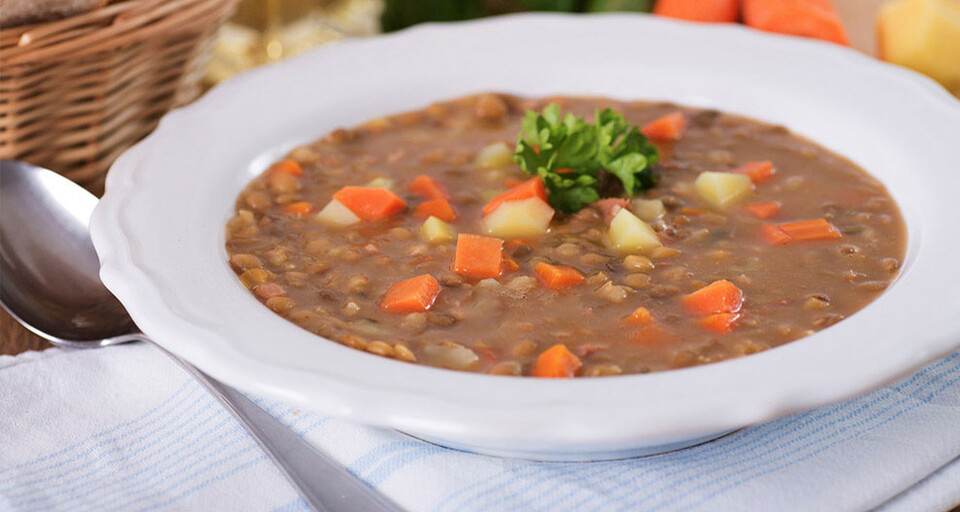In terms of quantity, zinc is a minor mineral with a content of only two grams in the body. However, these two grams are essential for an intact metabolism as zinc is responsible for numerous functions in our body.
Its main function is the activation of enzymes. For more than 70% of all enzymes zinc is required as the “motor”; they are only activated with the help of zinc. Enzymes are like small catalysts: they facilitate any kind of reaction in the body.
The positive effect of zinc on the immune system can be seen from the fact that zinc influences wound healing. Furthermore, it is indispensable as a stabiliser for the cell walls, for storing insulin and for vitalising skin and hair.





